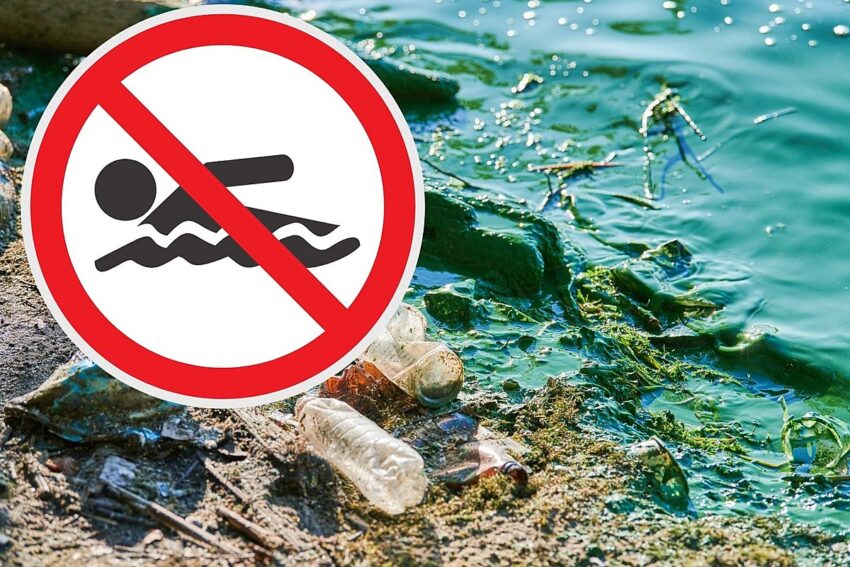The Benton Franklin Health District is warning the community about a toxic algae discovery.

The Health District has posted several signs at Leslie Groves Park in Richland warning people about the dangerous situation.
Cyanotoxin Outbreak Due To Dry, Hot Summer Threatens Water Supply In Clear Lake, California
Weekly tests will be conducted to monitor the toxicity level in the water at the park. you may remember in 2021 portions of the Columbia River were closed throughout the Tri-Cities after several dogs died after they were exposed to toxic algae blooms along the shoreline.
Exposure to toxic algae typically occurs when the toxins are swallowed, water spray with the toxins is inhaled or direct contact (skin) with contaminated water when swimming or boating. By far, swallowing is the most common way to be exposed. Cyanobacteria can produce many toxins, but two types of toxins are more common in Washington waters: Microcystins and Anatoxin-a.
Warning: Exposure to high levels of blue-green algae and their toxins can cause diarrhea, nausea, or vomiting; skin, eye, or throat irritation; and allergic reactions or breathing difficulties.
Remember, when in doubt, stay out. Keep your pets out of the Columbia River, too. Stay away from water that is discolored, and has foam, scum, or algae. If you believe you’ve come into contact with toxic algae, rinse off immediately.
Be extremely cautious:
To be extra safe, do not fish during an algal bloom. Wait at least a couple weeks after the algal bloom ends to begin fishing again. If you plan to eat fish caught from lakes with algal blooms, remove the guts and liver and rinse fillets before eating.
LOOK: Here Are 30 Foods That Are Poisonous to Dogs
To prepare yourself for a potential incident, always keep your vet’s phone number handy, along with an after-hours clinic you can call in an emergency. The ASPCA Animal Poison Control Center also has a hotline you can call at (888) 426-4435 for advice.
Even with all of these resources, however, the best cure for food poisoning is preventing it in the first place. To give you an idea of what human foods can be dangerous, Stacker has put together a slideshow of 30 common foods to avoid. Take a look to see if there are any that surprise you.
